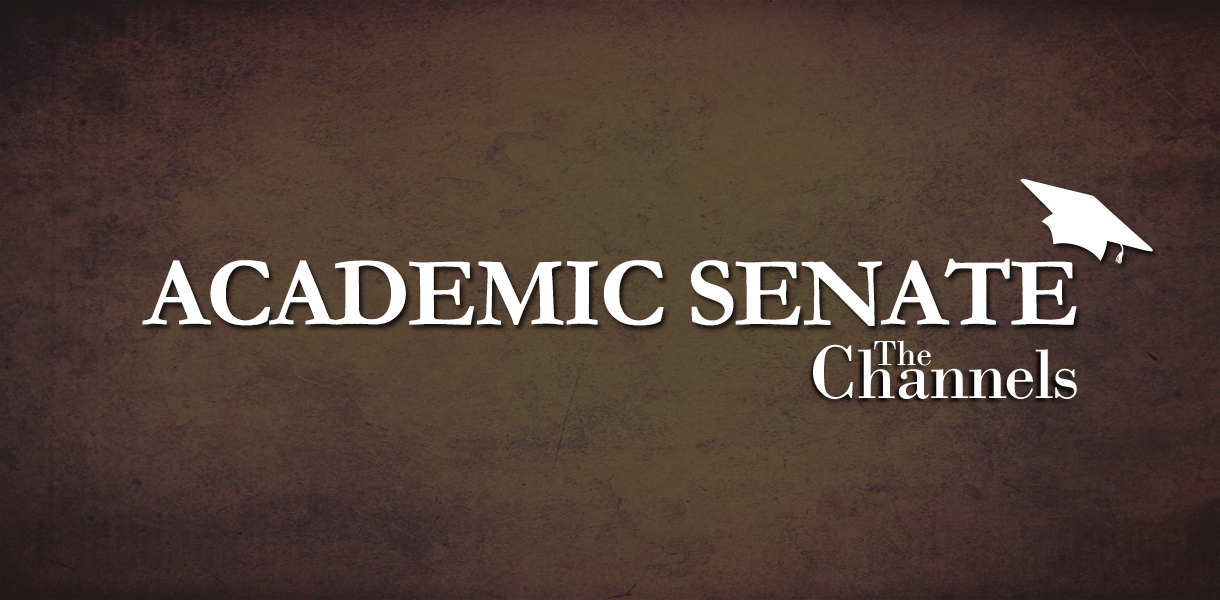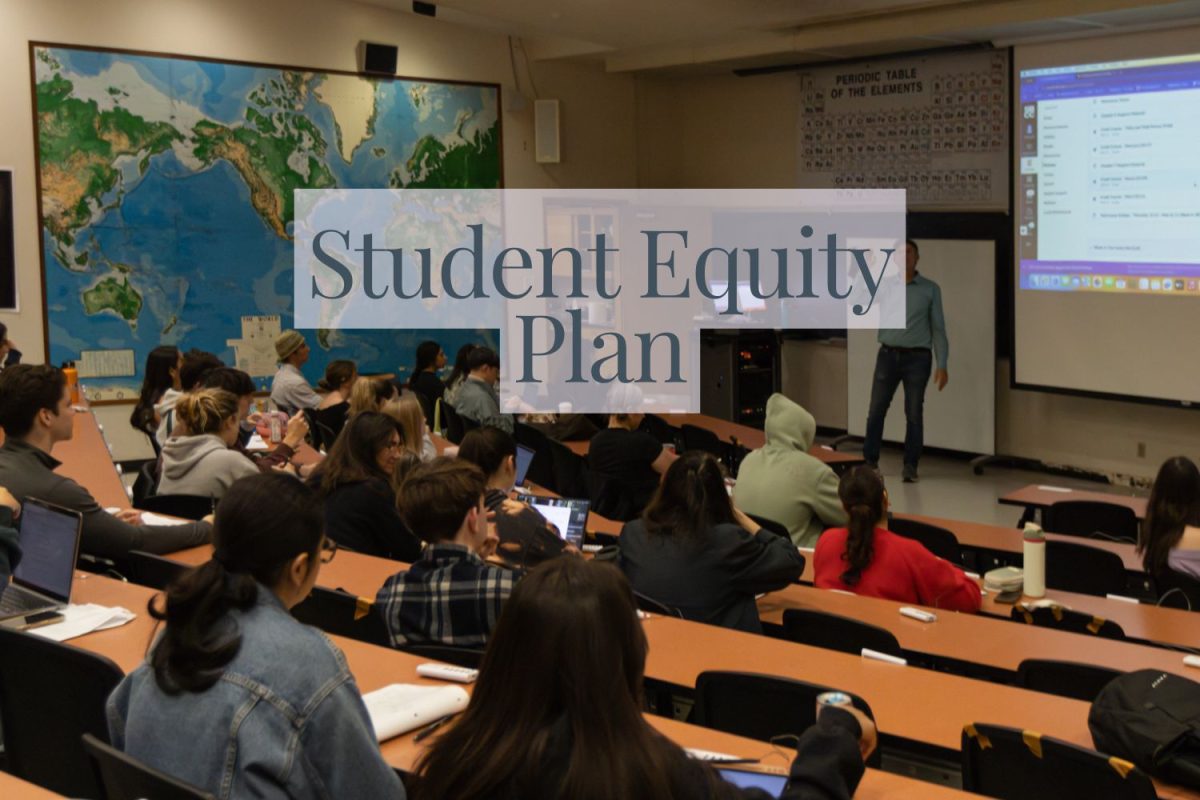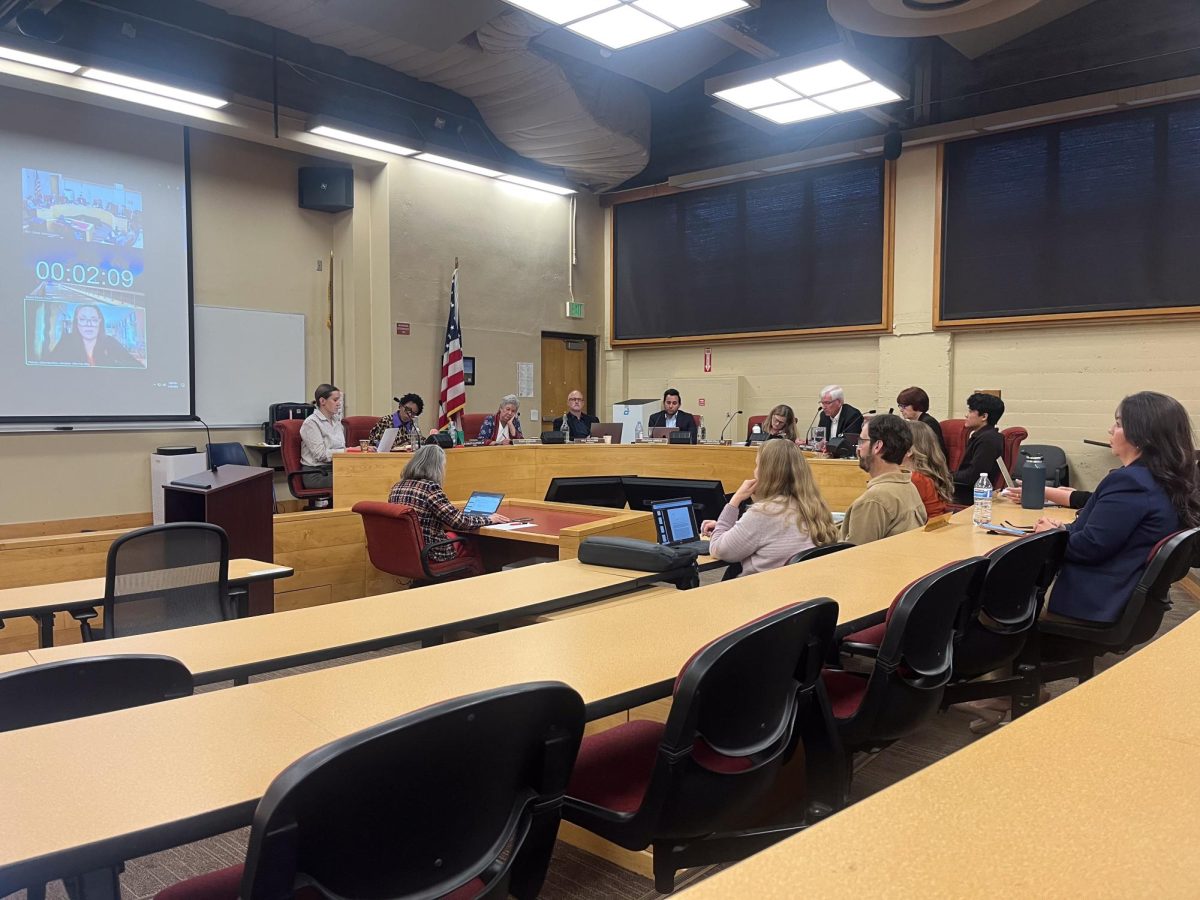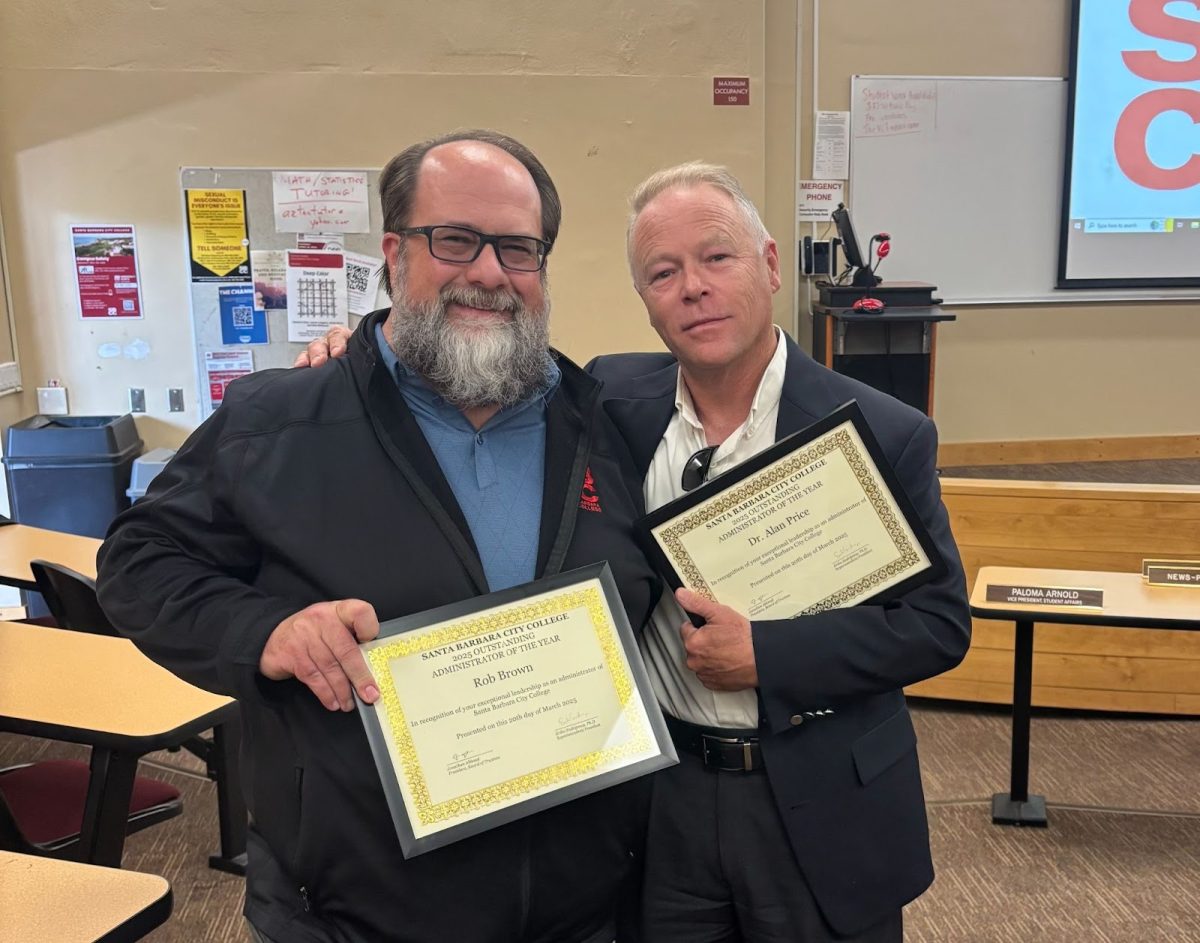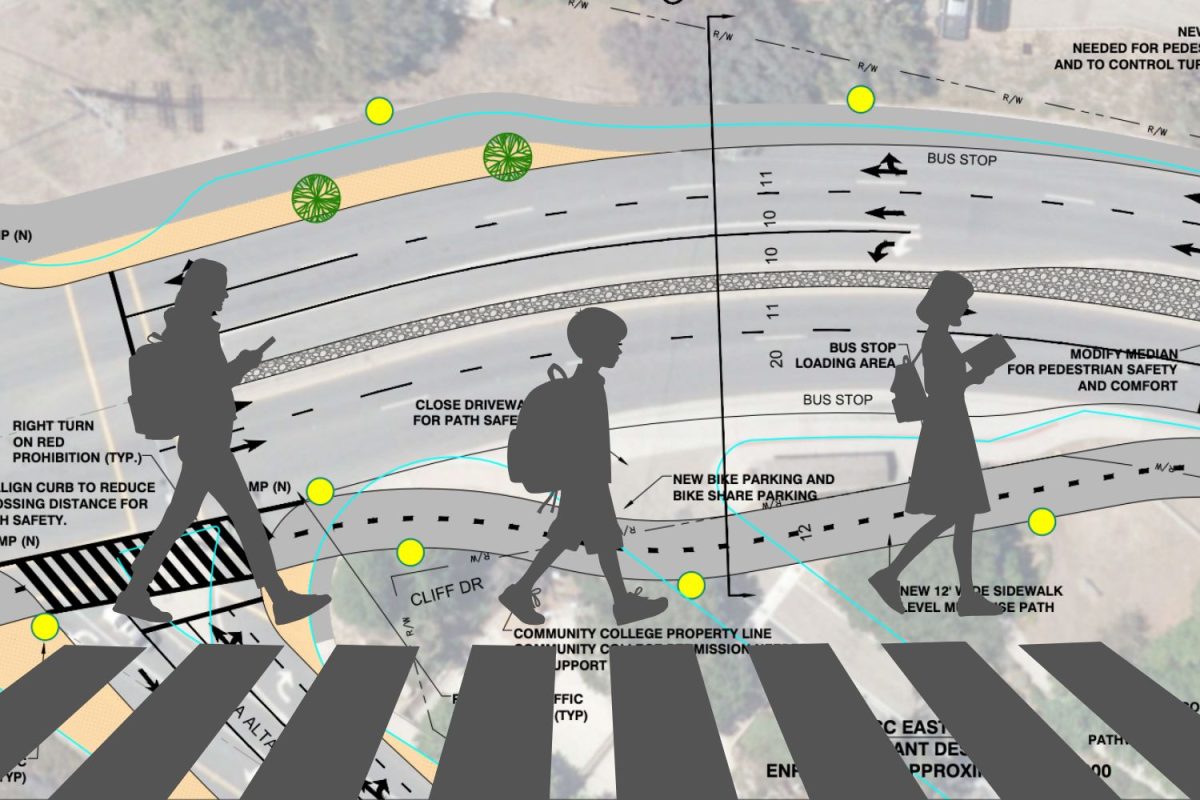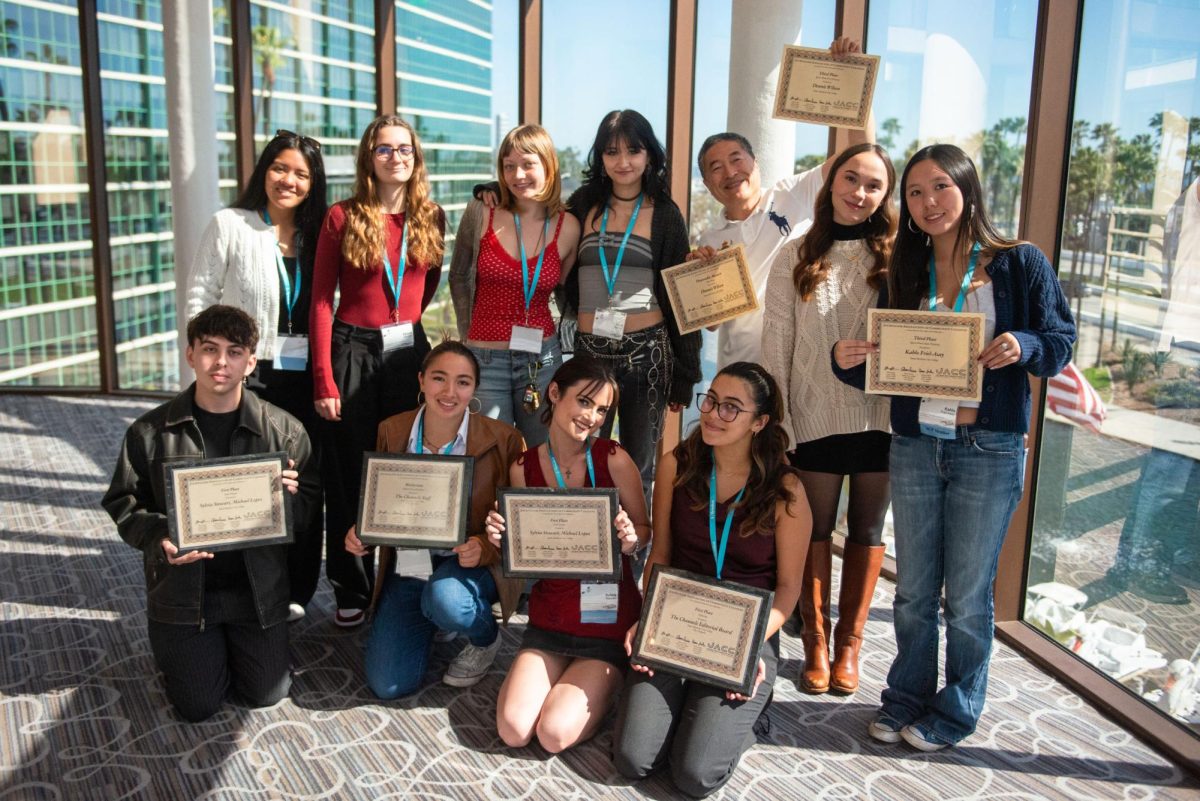In a tense discussion Wednesday, the Academic Senate grappled with a budget for math and English classes in the aftermath of Assembly Bill 705, a bill that eliminates the majority of remedial math and English classes.
The senate formed a Tutorial Advisory Committee to re-allocate funding towards tutoring for the impacted classes. Because AB 705 made remedial classes obsolete, students who are under-prepared in math and English will likely rely on tutoring more heavily. The classes affected include English, English skills, English as a Second Language (ESL) and Math.
“I’m really concerned about the impact for math and English,” said Ruth Morales, senate representative for social sciences.
The committee presented the senate with a draft of the tutoring budget for the 2019-20 academic year. The budget stated that the funds would be allocated proportionally to the 2018-19 year, despite the extra money in the budget and the new implementation of AB 705.
The senate agreed to record the number of students utilizing the tutoring center to determine the amount of money needed to fund it.
Gwyer Schuyler, senate representative for the educational support division, addressed the closure of the college’s Express to Success Program and the additional funds the closure will bring.
“If we have extra funds, partly because of the dismantling of ESP, shouldn’t we give it to English and Math?” Schuyler asked. “Before I vote, I would like for faculty to look at it.”
As the meeting went over time, the senate needed to come to a conclusion as TAC is not meeting before the senate’s next meeting.
“We have a pod of money for the tutoring and we have to decide how to spend it,” Academic Senate President Patricia Stark said. “This is the last meeting and we cannot bring this back to TAC.”
After being asked for more information and why it had to go through TAC, Stark clarified.
“There really are two proposals on the table right now,” she said. “One is complete proportionality, and one is proportionality without the additional SEA money.”
Stark continued by saying that the senators can bring back both ideas back to their division or the senate can elevate one over the other and talk about it in the next meeting.
Members of the meeting noticed that the proposal is moving fast, continued by Stark, being a liaison for the committee, saying that TAC is trying to come up with something that is “fair to many people as possible but still addressing those highest need areas.”
“I think we already identified the classes in need, large class size with low passing rates,” said Russell Granger, representative of the technology department. “It was kind of a no-brainer.”
Stark added that TAC is only an advisory committee for the senate and that “the senate can do whatever they want.”
The motion was moved although some members opposed because they wanted to see more information. The discussion will continue next meeting adding more numbers for the senate.
The Academic Senate will prepare for its last meeting of the semester May 1.


